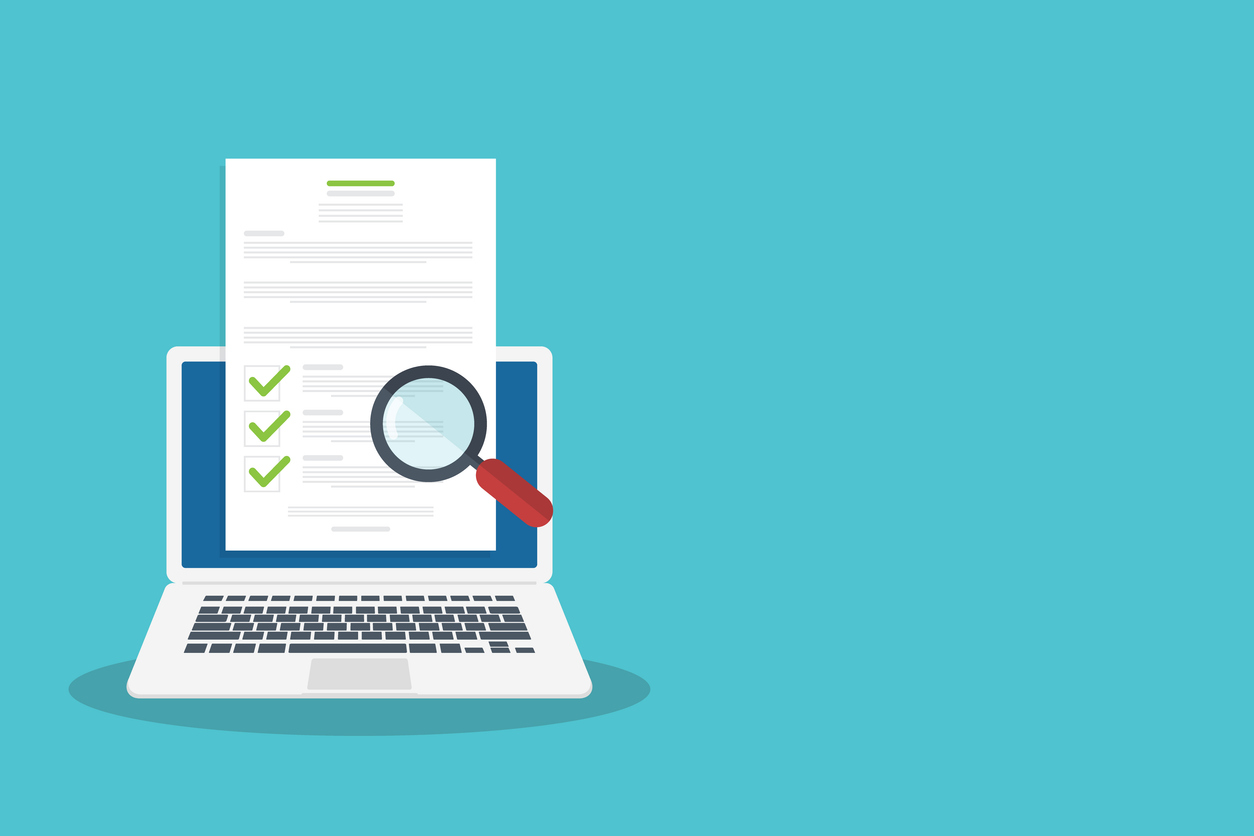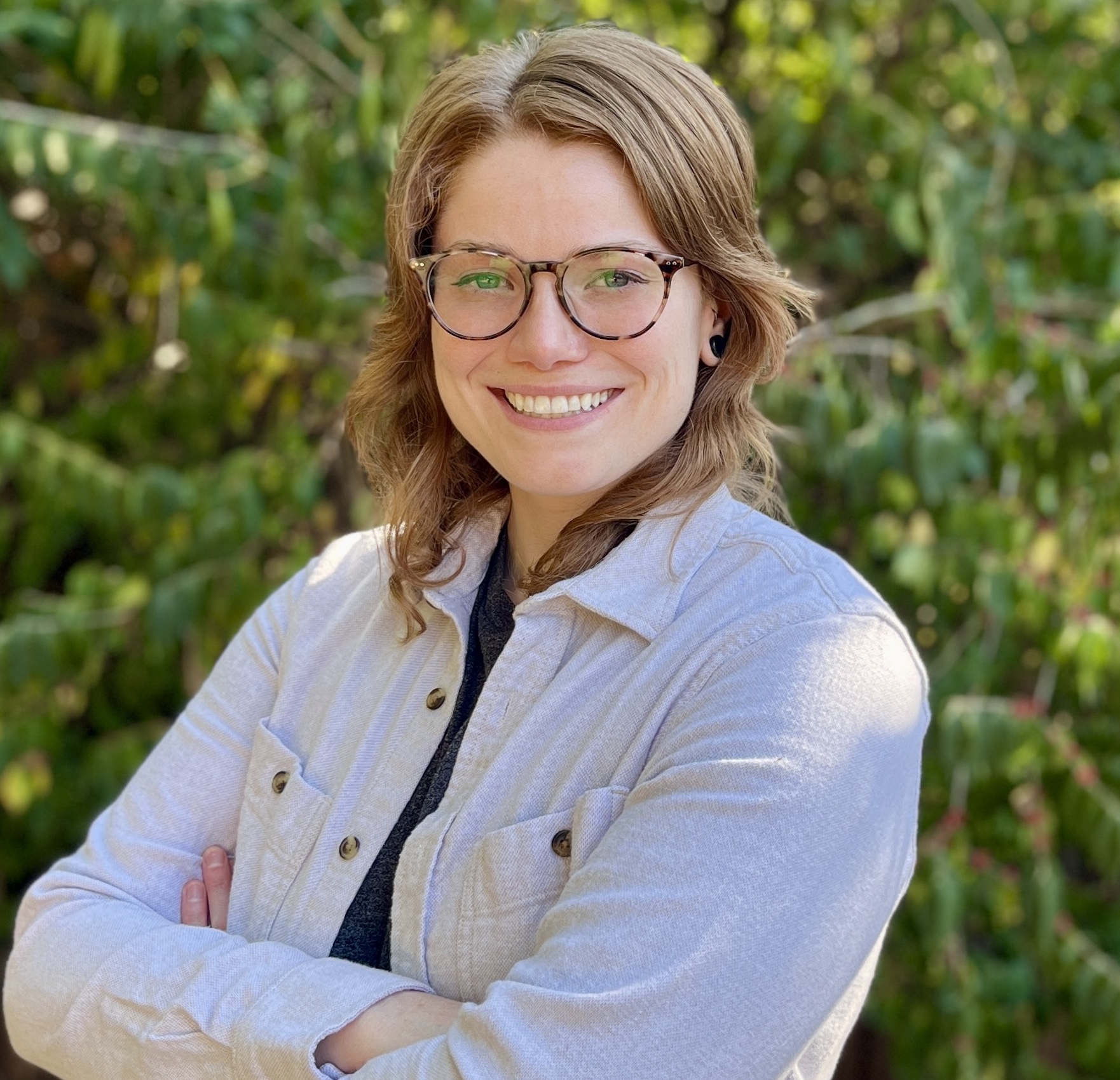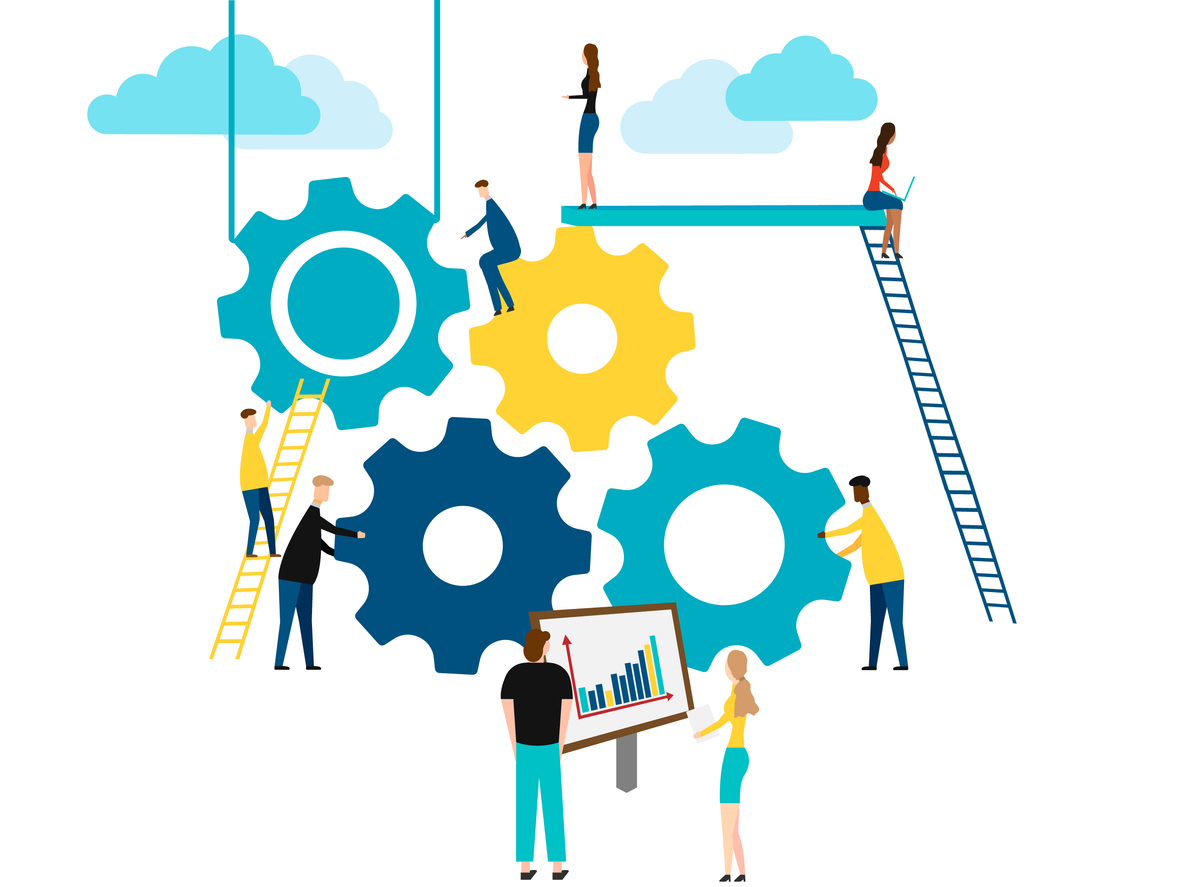
Economic Opportunity
Ensuring that all members of a society are able to participate in the formal economy, especially in communities that have been traditionally excluded, such as low-income, rural communities in the US and the global south. Data science can identify untapped opportunities and underserved communities, guiding the allocation of resources and investment to areas that need it most.
Data-driven decision-making helps in reducing bias and discrimination, fostering a fairer and more meritocratic society. By analyzing vast amounts of data from diverse sources, data scientists can unveil patterns and correlations that were previously hidden, shedding light on systemic disparities and barriers to economic progress. This data-driven approach allows for a deeper understanding of the root causes of inequality, enabling policymakers and businesses to craft targeted solutions.
DataKind’s work in this domain includes job creation and education, access to financial services such as small business loans or CDFIs (Community Development Financial Institutions), policy recommendations, and predictive modeling and forecasting.
Project examples:
- In Senegal, DataKind used predictive modeling to streamline the lending process for Boabab, a local micro lending organization, enabling them to ethically expand access without fear of default.
- In Bangladesh, DataKind found a strong correlation between lighting data and poverty levels, a correlation that enabled research to jump ahead and strengthen economic management.
- In the US, DataKind partnered with John Jay College of Criminal Justice to build a predictive model identifying students in need of extra support. In one year, 818 more students completed their degree on time compared to the previous year.




